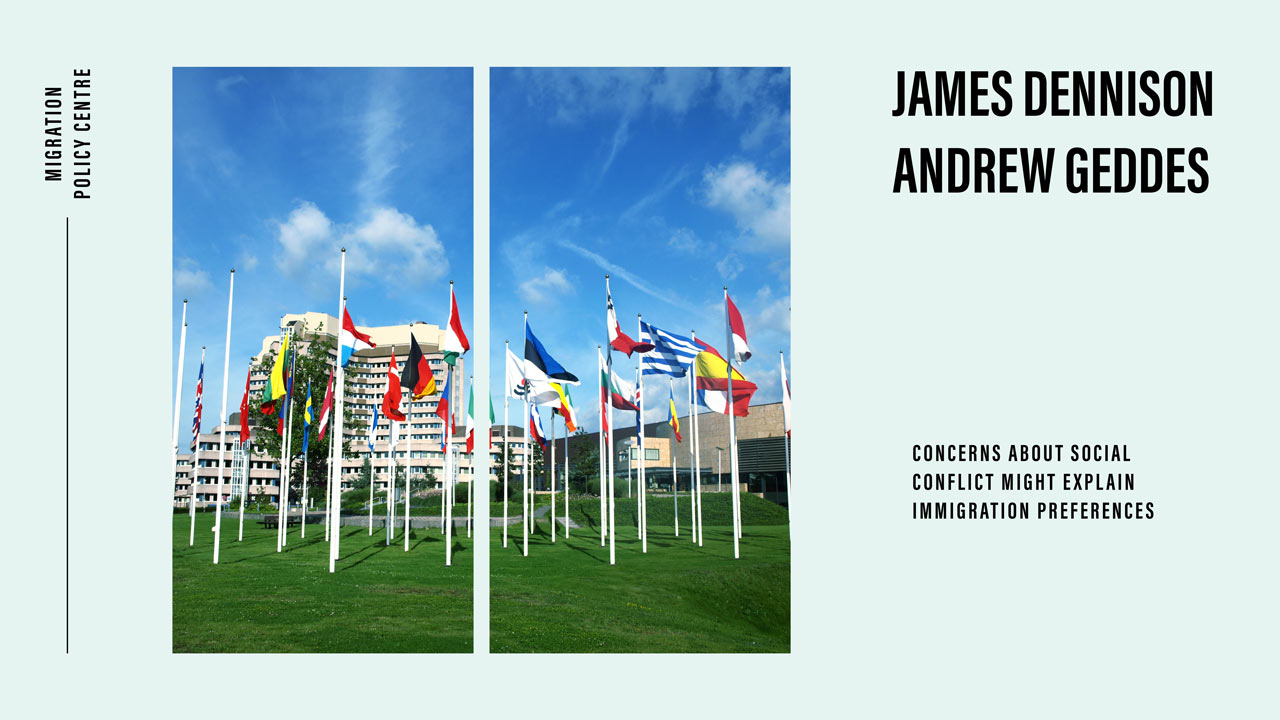Migration is likely to remain one of the world’s most important political challenges throughout the twenty-first century. Simultaneously, public attitudes to immigration increasingly constitute a, if not the, major parameter for policy makers when attempting to react to these challenges and opportunities in every corner of the globe. As such, understanding what explains attitudes to migration is of vital substantial importance, as well as scientific interest.
Geographically, so far, explanations for variation in attitudes to immigration have tended to focus on the USA, (Western) Europe and Australia, while theoretically, motivations behind attitudes to immigration have been typically conceptualised either in terms of the ‘economic competition’ or ‘cultural threat’ that immigrants are perceived to pose to the individual or their ‘in-group’. In our recent article for the Political Quarterly, we propose and test a third possible factor: perceptions of the effect of immigration on social conflict.
The recent 2017–2020 World Values Survey (WVS) allows us to directly test this possibility globally. Using the WVS for 49 countries, we show that: (1) in most countries, globally, citizens are more likely to agree than disagree that immigration leads to social conflict; (2) levels of concern about the effects of immigration on social conflict are higher than those regarding unemployment or culture in 16—disproportionately economically developed—countries; (3) concern about social conflict is conceptually and distributionally distinct to other motivations; (4) belief that immigration leads to social conflict predicts immigration policy preferences; but, uniquely, (5) is positively predicted by higher education.
This is a part of blog post published by Andrew Geddes and James Dennison.
